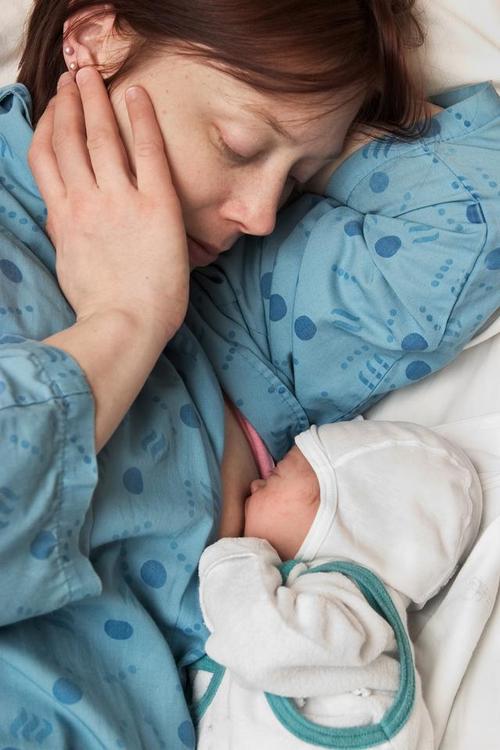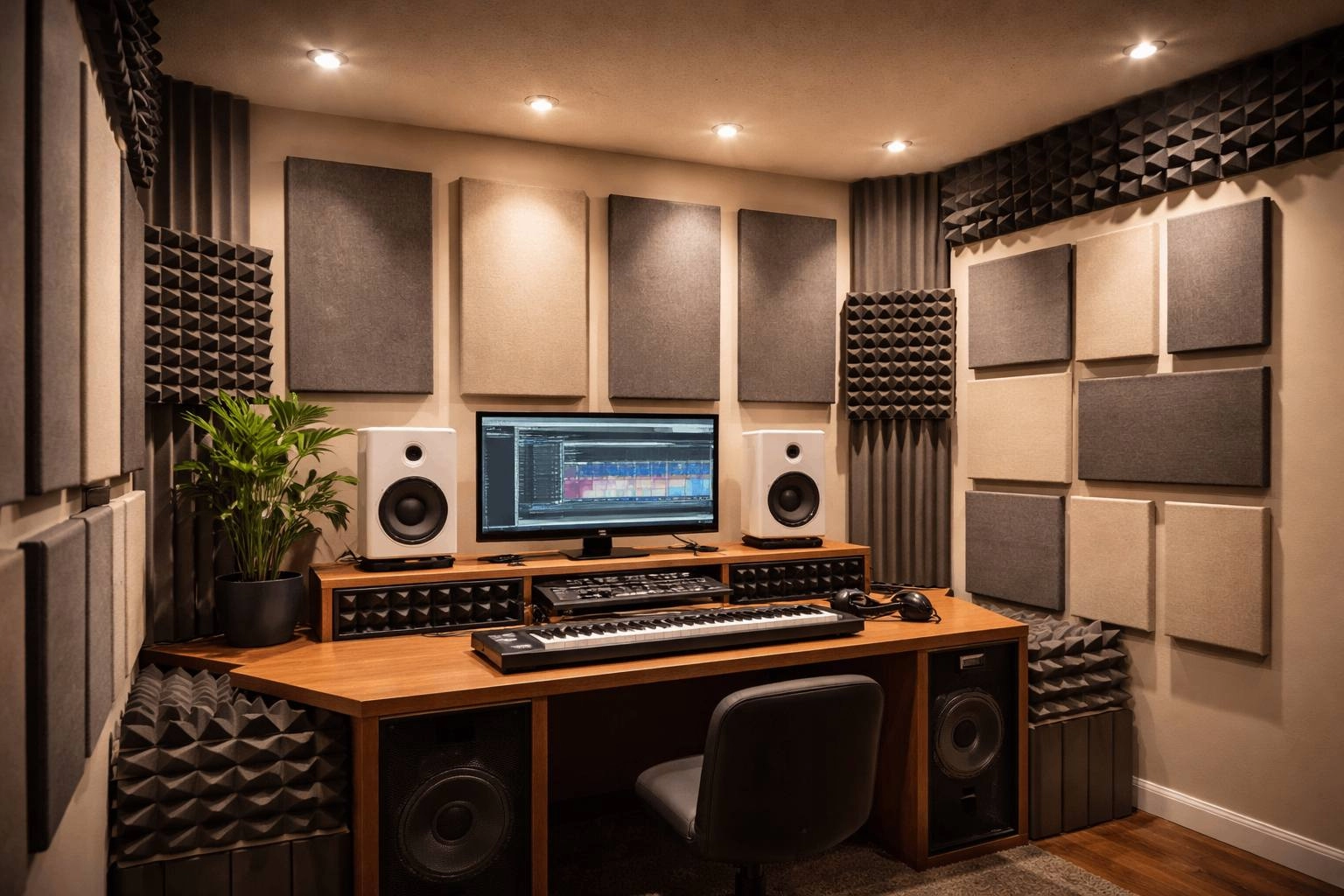Unveiling the Mystery: Understanding the Causes of Morning Lower Back Pain After Sleeping
Waking up with lower back pain can be a frustrating and uncomfortable experience. Many individuals wonder why their lower back hurts in the morning after a seemingly restful night's sleep. In this comprehensive blog post, we will delve into the various factors that contribute to morning lower back pain and provide practical insights to alleviate and prevent this common issue.
- Sleep Position:
The position in which you sleep plays a crucial role in determining whether you wake up with lower back pain. Sleeping on your stomach or in a fetal position can strain the lower back, leading to discomfort upon waking. Instead, opt for sleeping on your back or side with proper pillow and mattress support to maintain a neutral spine alignment. - Mattress and Pillow Quality:
The quality and suitability of your mattress and pillow are paramount in ensuring a pain-free morning. An unsupportive mattress or an inadequate pillow can cause improper spinal alignment, leading to lower back pain. Invest in a medium-firm mattress that provides adequate support and consider using a pillow that promotes proper neck and spine alignment. - Lack of Physical Activity:
A sedentary lifestyle can contribute to morning lower back pain. Insufficient physical activity weakens the muscles supporting the lower back, making it more susceptible to pain and discomfort. Incorporating regular exercise, especially core-strengthening exercises, can help alleviate and prevent morning back pain. - Poor Posture:
Maintaining poor posture throughout the day can have a cumulative effect, leading to morning lower back pain. Slouching or sitting for prolonged periods without proper lumbar support places excessive stress on the lower back. Practicing good posture during daily activities and using ergonomic chairs or lumbar support cushions can significantly reduce morning back pain. - Inadequate Sleep Environment:
Creating a conducive sleep environment is crucial for a restful night's sleep and minimizing lower back pain in the morning. Factors such as excessive noise, uncomfortable room temperature, and improper lighting can disrupt sleep quality, leading to muscle tension and increased back pain. Ensure a quiet, cool, and dark sleep environment to promote optimal rest and alleviate morning discomfort. - Underlying Medical Conditions:
In some cases, morning lower back pain may be a symptom of an underlying medical condition. Conditions such as spinal stenosis, herniated discs, or arthritis can cause increased pain and stiffness upon waking. If the pain persists or worsens, it is essential to consult a healthcare professional for a proper diagnosis and appropriate treatment.
Conclusion:
Morning lower back pain after sleeping can significantly impact your daily routine and overall well-being. By understanding the various factors contributing to this issue, such as sleep position, mattress quality, physical activity, posture, sleep environment, and underlying medical conditions, you can take proactive steps to alleviate and prevent morning back pain. Prioritizing proper sleep habits, maintaining good posture, and seeking professional advice when necessary will help you wake up refreshed and pain-free.





